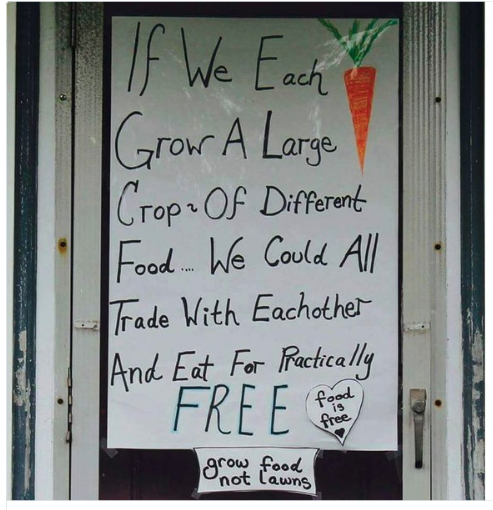I don’t usually copy and paste entire articles, but this, by John Stossel on his hospital experience, is just too accurate to ignore:
I write this from the hospital. Seems I have lung cancer.
My doctors tell me my growth was caught early and I’ll be fine. Soon I will barely notice that a fifth of my lung is gone. I believe them. After all, I’m at New York-Presbyterian Hospital. U.S. News & World Report ranked it No. 1 in New York. I get excellent medical care here.
But as a consumer reporter, I have to say, the hospital’s customer service stinks. Doctors keep me waiting for hours, and no one bothers to call or email to say, “I’m running late.” Few doctors give out their email address. Patients can’t communicate using modern technology.
I get X-rays, EKG tests, echocardiograms, blood tests. Are all needed? I doubt it. But no one discusses that with me or mentions the cost. Why would they? The patient rarely pays directly. Government or insurance companies pay.
I fill out long medical history forms by hand and, in the next office, do it again. Same wording: name, address, insurance, etc.
I shouldn’t be surprised that hospitals are lousy at customer service. The Detroit Medical Center once bragged that it was one of America’s first hospitals to track medication with barcodes. Good! But wait — ordinary supermarkets did that decades before.
Customer service is sclerotic because hospitals are largely socialist bureaucracies. Instead of answering to consumers, which forces businesses to be nimble, hospitals report to government, lawyers and insurance companies.
Whenever there’s a mistake, politicians impose new rules: the Health Insurance Portability and Accountability Act paperwork, patient rights regulations, new layers of bureaucracy…
Nurses must follow state regulations that stipulate things like, “Notwithstanding subparagraph (i) of paragraph (a) of this subdivision, a nurse practitioner, certified under section sixty-nine hundred ten of this article and practicing for more than three thousand six hundred hours may comply with this paragraph in lieu of complying with the requirements of paragraph (a)…”
Try running a business with rules like that.
Adding to that is a fear of lawsuits. Nervous hospital lawyers pretend mistakes can be prevented with paper and procedure. Stressed hospital workers ignore common sense and follow rigid rules.
In the intensive care unit, night after night, machines beep, but often no one responds. Nurses say things like “old machines,” “bad batteries,” “we know it’s not an emergency.” Bureaucrats don’t care if you sleep. No one sues because he can’t sleep.
Some of my nurses were great — concerned about my comfort and stress — but other hospital workers were indifferent. When the customer doesn’t pay, customer service rarely matters.
The hospital does have “patient representatives” who tell me about “patient rights.” But it feels unnatural, like grafting wings onto a pig.
I’m as happy as the next guy to have government or my insurance company pay, but the result is that there’s practically no free market. Markets work when buyer and seller deal directly with each other. That doesn’t happen in hospitals.
You may ask, “How could it? Patients don’t know which treatments are needed or which seller is best. Medicine is too complex for consumers to negotiate.”
But cars, computers and airplane flights are complex, too, and the market still incentivizes sellers to discount and compete on service. It happens in medicine, too, when you get plastic surgery or Lasik surgery. Those doctors give patients their personal email addresses and cellphone numbers. They compete to please patients.
What’s different about those specialties? The patient pays the bill.
Leftists say the solution to such problems is government health care. But did they not notice what happened at Veterans Affairs? Bureaucrats let veterans die, waiting for care. When the scandal was exposed, they didn’t stop. USA Today reports that the abuse continues. Sometimes the VA’s suicide hotline goes to voicemail.
Patients will have a better experience only when more of us spend our own money for care. That’s what makes markets work.




